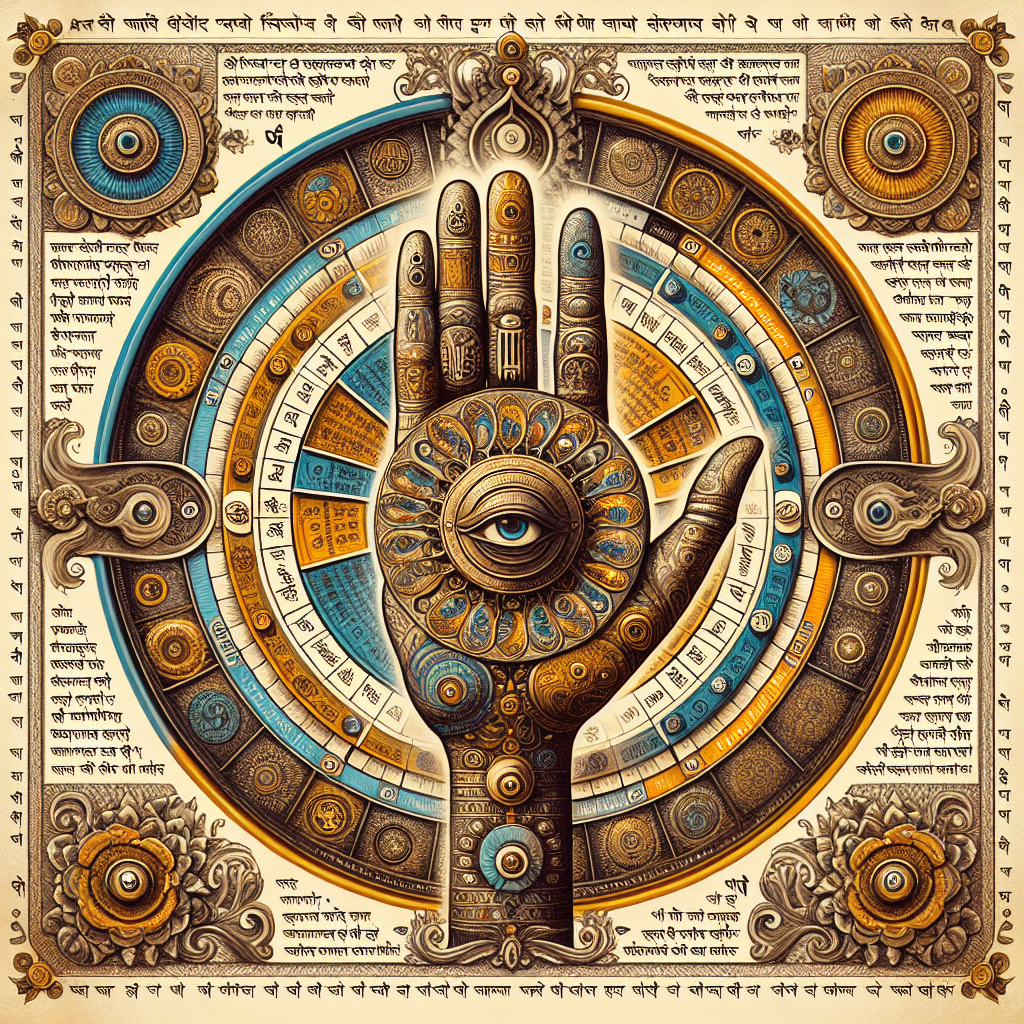Karma is a fundamental concept that plays a pivotal role in both Hinduism and Buddhism, two of the world’s major religions that originated in the Indian subcontinent. While these two traditions promote different philosophical and theological frameworks, they both acknowledge karma as a critical element in understanding the mechanics of cause and effect in human actions, ethical conduct, and the cycle of birth, death, and rebirth (samsara).
What is Karma?
The term "karma" derives from the Sanskrit word "karman," which means "action" or "deed." In its essence, karma serves as the principle of cause and effect, where a person’s actions—whether good, bad, or neutral—determine their future experiences. It is a moral law of causation that operates in the realm of intent and consequences. Both in Hinduism and Buddhism, karma transcends mere physical actions and includes thoughts, intentions, and emotions.
Karma in Hinduism
In Hindu philosophy, karma is intricately linked to the concepts of dharma (duty/righteousness), samsara (the cycle of birth and rebirth), and moksha (liberation). Here’s a closer look at how karma manifests within Hindu beliefs:
Types of Karma: Hindu scriptures categorize karma into three types:
- Sanchita Karma: The accumulated karma from past lives that influences current life circumstances.
- Prarabdha Karma: The portion of karma that is currently being experienced in one’s life. This is what the person is “destined” to face in their present incarnation.
- Kriyaman Karma: The new karma created by actions taken in the present, which will shape future experiences.
Moral Responsibility: In Hinduism, individuals are held morally accountable for their actions. Good deeds contribute to positive karma, leading to favorable outcomes in this life or subsequent rebirths. Conversely, negative actions accumulate bad karma, which can result in adverse consequences.
- Liberation Through Karma: The ultimate goal of human existence in Hinduism is to achieve moksha, which is liberation from the cycle of samsara. One can attain moksha through self-realization, righteous actions (dharma), and austerities, which help in cleansing past karma.
Karma in Buddhism
In Buddhism, karma also plays a significant role, yet it is approached from a slightly different perspective. Here are key aspects of karma as understood in Buddhism:
Karma and Intent: While actions are important, Buddhism places greater emphasis on the intention behind actions. The notion of "cetana" or intention, is crucial; it is the mental formation that leads to karma. Thus, a good intention behind a seemingly harmful action can yield favorable karma compared to a bad intention behind a good action.
Illusion of Self: In Buddhism, the self is seen as an illusion (anatta or no-self). Unlike Hinduism, which often emphasizes the atman (soul), Buddhism teaches that karma is not tied to a permanent self. Instead, it flows through the continuity of consciousness, influencing future rebirths while remaining detached from the concept of an eternal soul.
The Law of Dependent Origination: Karma is intricately tied to the Buddhist understanding of dependent origination (pratītyasamutpāda). This doctrine explains that all phenomena arise in dependence on conditions. Positive and negative experiences arise from various conditions, including past actions and current circumstances, thereby emphasizing interdependence and the dynamic nature of existence.
- Path to Enlightenment: The ultimate purpose of understanding karma in Buddhism is to achieve Nirvana, the cessation of suffering and the end of the cycle of samsara. By cultivating good karma through ethical conduct, mindfulness, and meditation, practitioners strive to free themselves from suffering and ignorance.
The Importance of Karma in Daily Life
Both Hinduism and Buddhism advocate for the application of karma in one’s daily life through ethical living. Understanding the consequences of actions can inspire individuals to cultivate compassion, kindness, and justice. Here are some practical implications of the concept of karma:
- Moral Living: Acknowledging karma encourages individuals to act ethically and responsibly. This entails a conscious effort to perform good deeds while avoiding harmful actions, thereby contributing positively to society.
- Personal Accountability: Recognizing that one owns their actions nurtures a sense of personal responsibility. Instead of blaming external factors for misfortune, individuals grow to understand that their current circumstances are often a result of past choices.
- Forgiveness and Healing: The awareness of karma also facilitates forgiveness, as understanding that everyone is on a journey shaped by their past actions fosters empathy and compassion.
- Mindful Decision-Making: The concept of karma can guide decision-making. By considering the long-term effects of actions, individuals can make informed choices that reflect their hopes and aspirations.
Conclusion
The concept of karma is a profound and intricate principle that resonates deeply in both Hinduism and Buddhism. While each tradition offers unique interpretations, the underlying message remains consistent: our actions matter. Karma serves as a moral compass, guiding individuals toward ethical living and spiritual growth. As global awareness of these ancient philosophies continues to grow, the teachings of karma provide valuable insights not only into spiritual matters but also into personal development and fostering a harmonious society.
FAQs about Karma
1. What is karma?
Karma is a Sanskrit term meaning "action" or "deed." It represents the principle of cause and effect, where an individual’s actions—intent, thoughts, and behaviors—determine their future experiences in life.
2. How does karma work in Hinduism?
In Hinduism, karma influences the cycle of birth and rebirth (samsara). Good and righteous actions lead to good karma and favorable future outcomes, while negative actions result in bad karma, impacting future lives.
3. What is the role of intent in Buddhist karma?
Intent plays a crucial role in Buddhist karma. The mental state behind an action determines its karmic effect. A good intention can lead to positive outcomes even if the action itself is not ideal, and vice versa.
4. Can karma be changed?
Yes, karma can be influenced. By making conscious choices, performing good deeds, and cultivating positive intentions, individuals can create new positive karma that can alter their future experiences.
5. How can understanding karma affect daily life?
Understanding karma promotes ethical behavior, personal accountability, and mindfulness. It encourages individuals to consider the consequences of their actions, leading to more compassionate and responsible living.
6. Is karma the same in Buddhism and Hinduism?
While karma is a significant concept in both traditions, Hinduism emphasizes the relationship between actions and the soul (atman) that navigates through samsara, whereas Buddhism focuses on the interconnectedness of actions and the illusion of a permanent self.
By exploring the complexities of karma, individuals can gain insights into their beliefs and actions, fostering a deeper understanding of their place in the universe.
It seems like your message is incomplete. Could you please provide more details or specify what prompt you’re looking for? Whether it’s a writing prompt, a question, or a topic for discussion, I’d be happy to help!, #Concept #Karma #Understanding #Significance #Buddhism #Hinduism, #Concept #Karma #Understanding #Significance #Buddhism #Hinduism, 1736510332, the-concept-of-karma-understanding-its-significance-in-buddhism-and-hinduism





